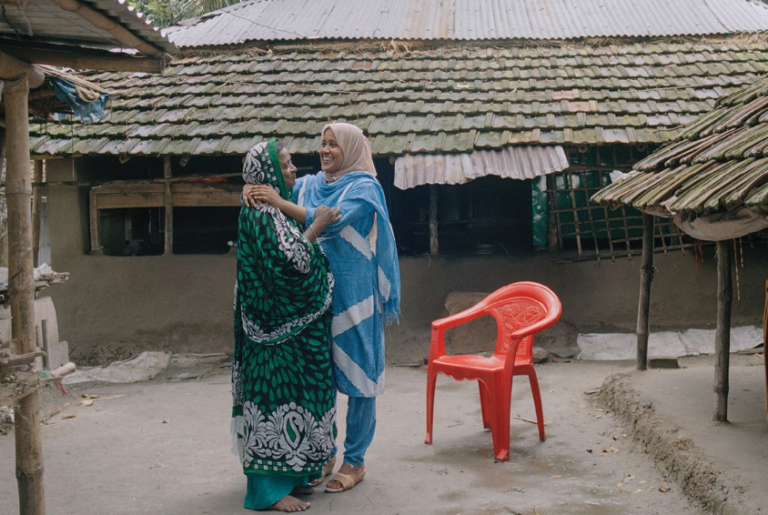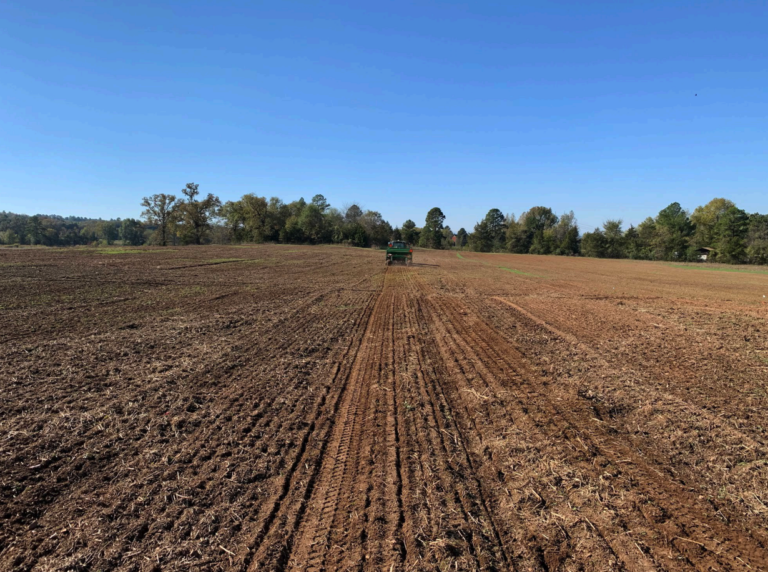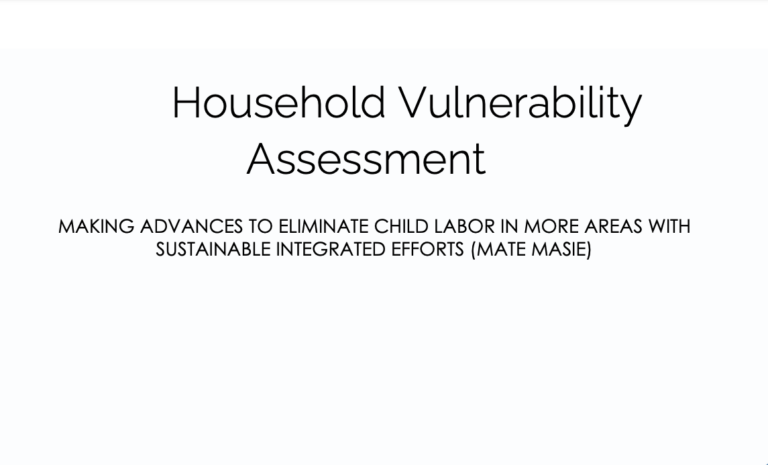Resources

ATLAS Snapshot: Expanding Law Enforcement Actions in Thailand
ATLAS aimed to improve enforcement of laws at the organizational and systemic levels and did so by working with and supporting government agencies holistically. One such agency is Thailand’s Department of Provincial Administration (DOPA), an arm of the Ministry of the Interior that leads law enforcement operations outside Bangkok and training of provincial law enforcement […]
ATLAS Snapshot: Improving Police Training in Paraguay
Across countries, ATLAS prioritized working with justice-sector training academies to improve enforcement of laws through education of police, prosecutors, judges, and other enforcement actors. These academies have the capacity and mandate to train police and other officials year after year and are well positioned to appropriate and replicate training programs developed by ATLAS into the […]
ATLAS Snapshot: Reactivating and Supporting Human Trafficking Commissions in Paraguay
The NGO Partner of the Americas (POA) led implementation of ATLAS in Paraguay. There, the project worked to strengthen coordination and responses to child labor, forced labor, and human trafficking at the local level by supporting Departmental Human Trafficking Commissions in five departments: Caaguazú, Itapúa, Guairá, Ñeembucú and Boquerón.
ATLAS Snapshot: Approving Hazardous and Light Work Lists in Liberia
In Liberia, child labor remains an all too common phenomenon with many boys, girls, and adolescents working under hazardous or unsafe conditions. Winrock has been supporting Liberian efforts to address child labor through a series of projects since 2012. This work came to fruition when on June 13, 2022, the nation’s Minister of Labor officially […]
ATLAS Snapshot: Strengthening Local Coordination in Argentina
Winrock’s partner Desarrollo y Autogestión (DyA) led implementation of ATLAS in Argentina, where the project successfully strengthened coordination to address child labor, forced labor, and human trafficking in Buenos Aires province at the local level.
ATLAS Snapshot: Empowering Local Women and Preventing Child Labor in the Garment Sector
Winrock’s p artner Desarrollo y Autogestión (DyA) led implementation of ATLAS in Argentina, where the project successfully strengthened coordination to address child labor, forced labor, and human trafficking in Buenos Aires province at the local level.
Navigating Counter-Trafficking National Referral Systems: The Survivor Experience in Bangladesh and Cambodia
This research provides an analysis of 104 in-depth interviews with survivors of human trafficking, Counter trafficking in persons (CTIP) civil society organizations (CSOs) and non-governmental organizations (NGOs), and government officials in Bangladesh and Cambodia. The original purpose of this research was to analyze formal referral mechanism policies and the gaps in CTIP service delivery with […]
Advancing Organic Agriculture in the Mid-South: Evaluating Systems and Reducing Barriers to Entry September 2021 to August 2025
The number of certified organic farms (nationally) has increased dramatically recently with a subsequent increase of organic farm related sales reaching almost $10 billion. Demand is outpacing supplies, with growth rates quadrupling those of non-organic food sectors during the last 15 years. In 2017, for example, sales of organic food reached $45 billion with significant […]
Advancing Organic Agriculture in the Mid-South: Evaluating Systems and Reducing Barriers to Entry
Organic production can significantly improve on-farm income and profitability in comparison to conventional commodity production. At the same time, higher output prices and lower breakeven acreage required can increase profit if production costs can be kept in check (McBride et al., 2015). Premiums are rising and improved genetics and management tools combine to make overall […]
